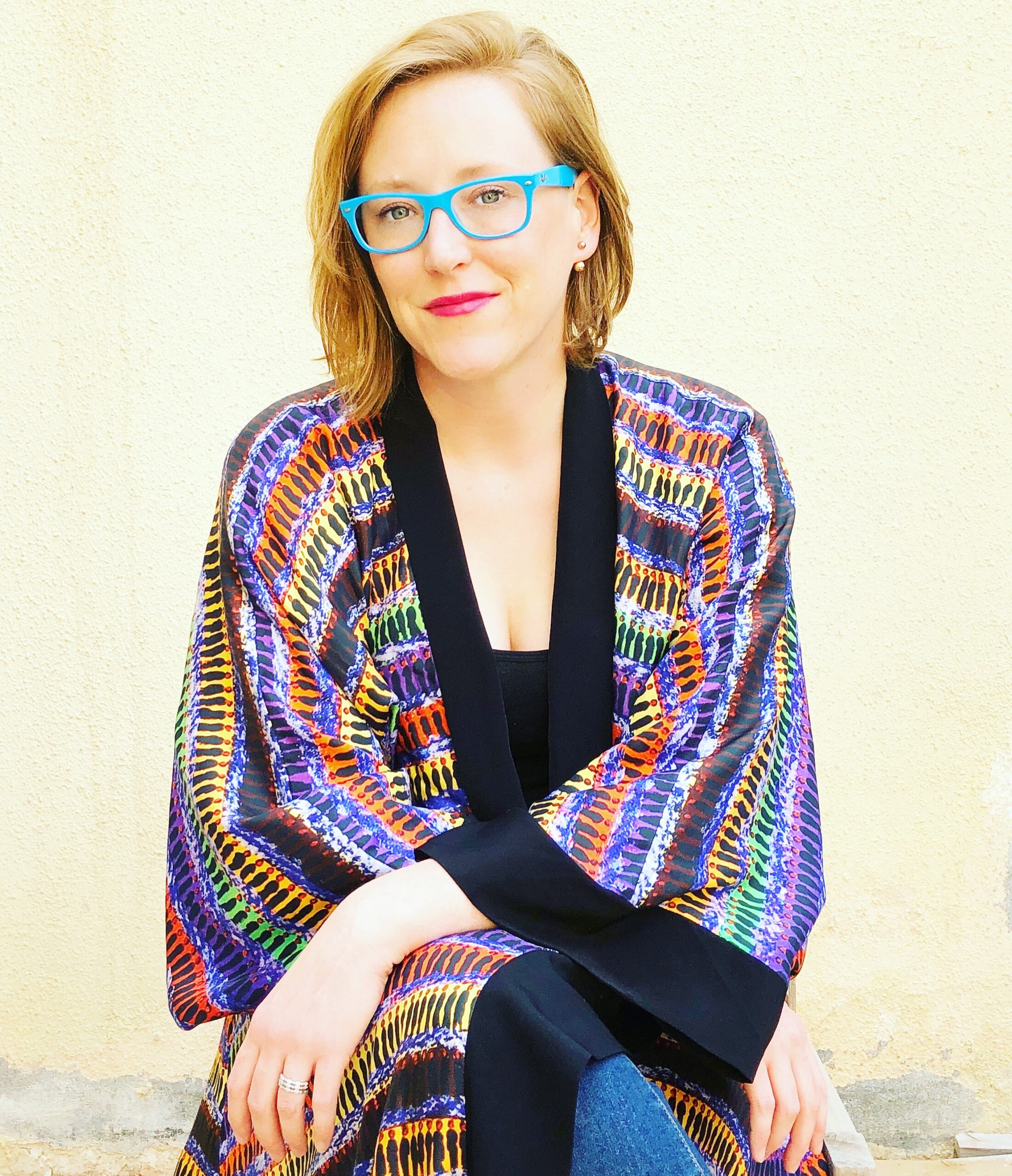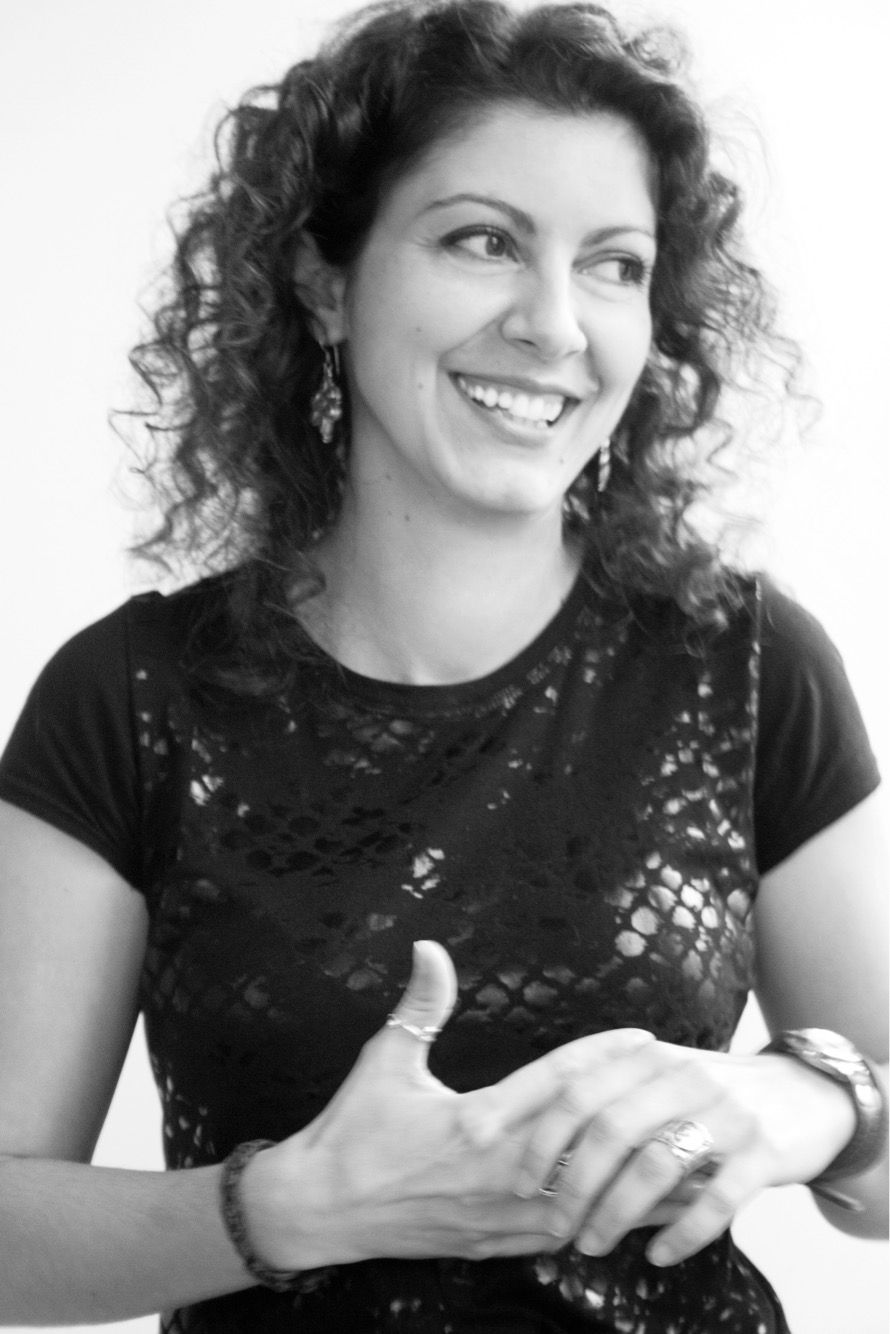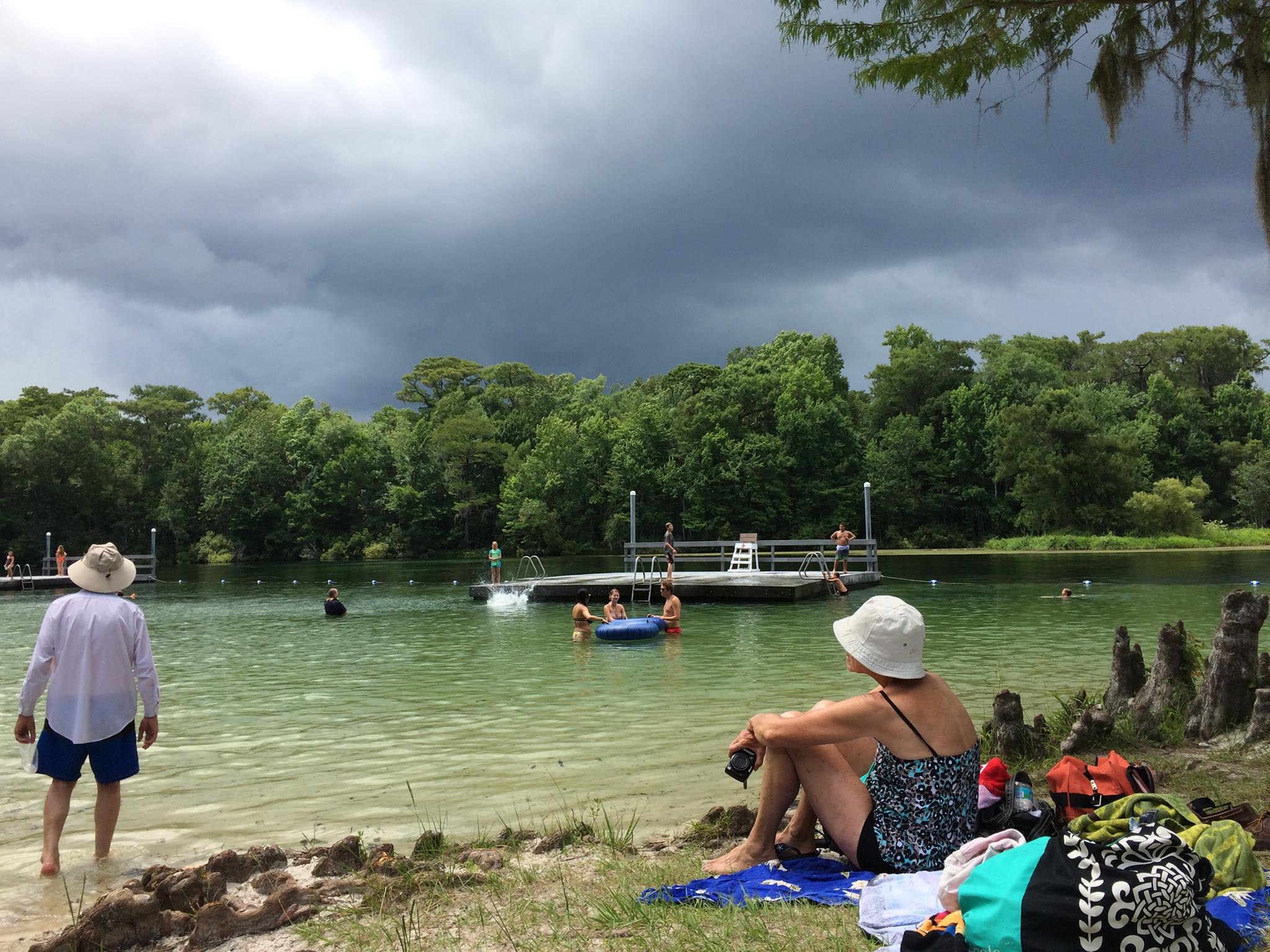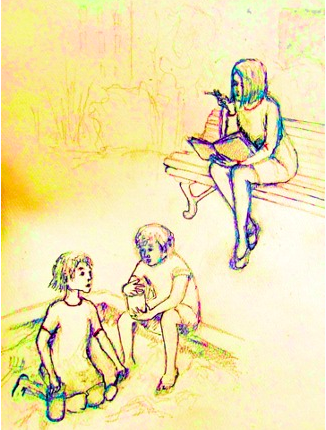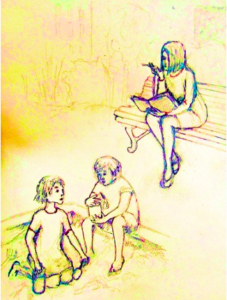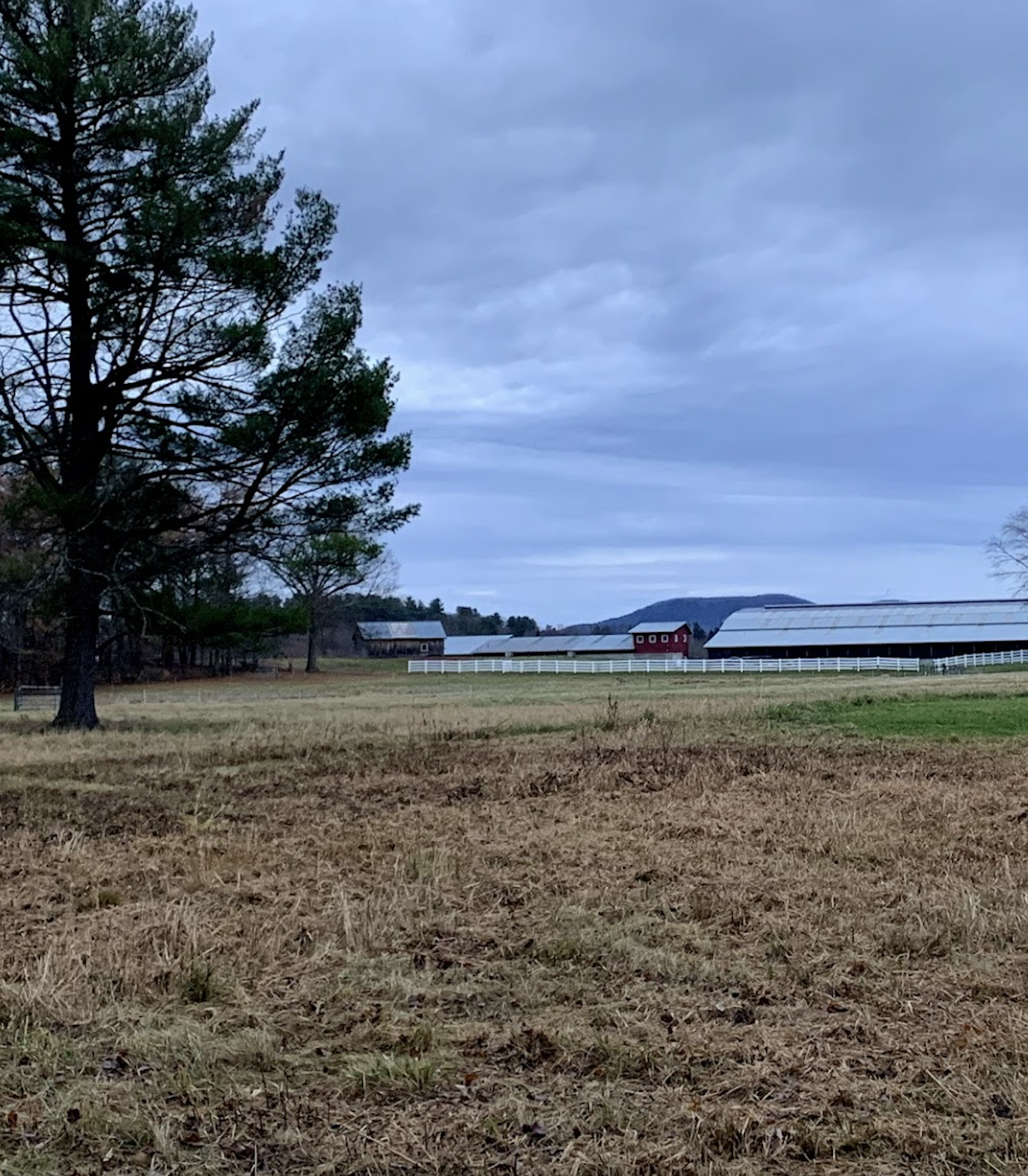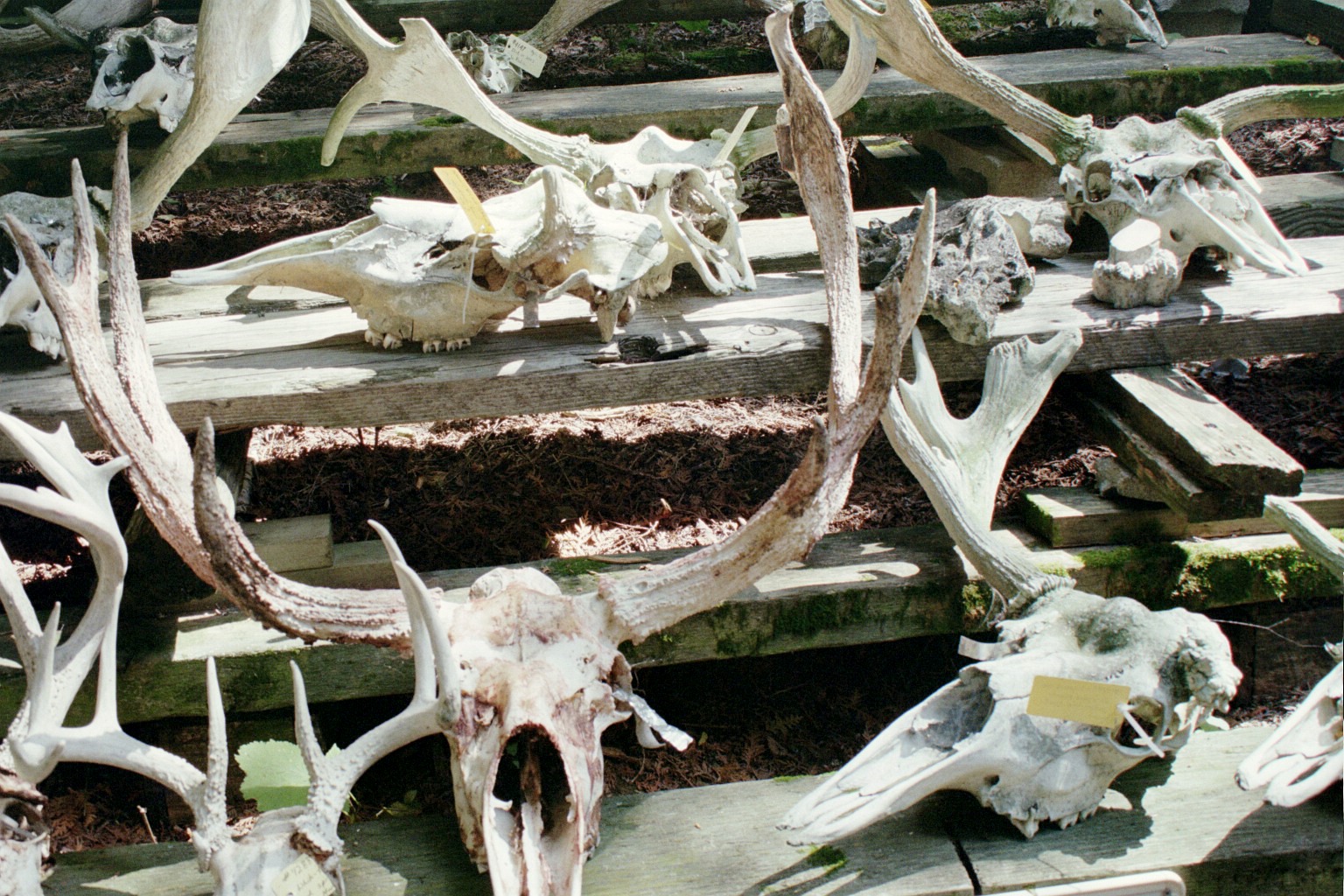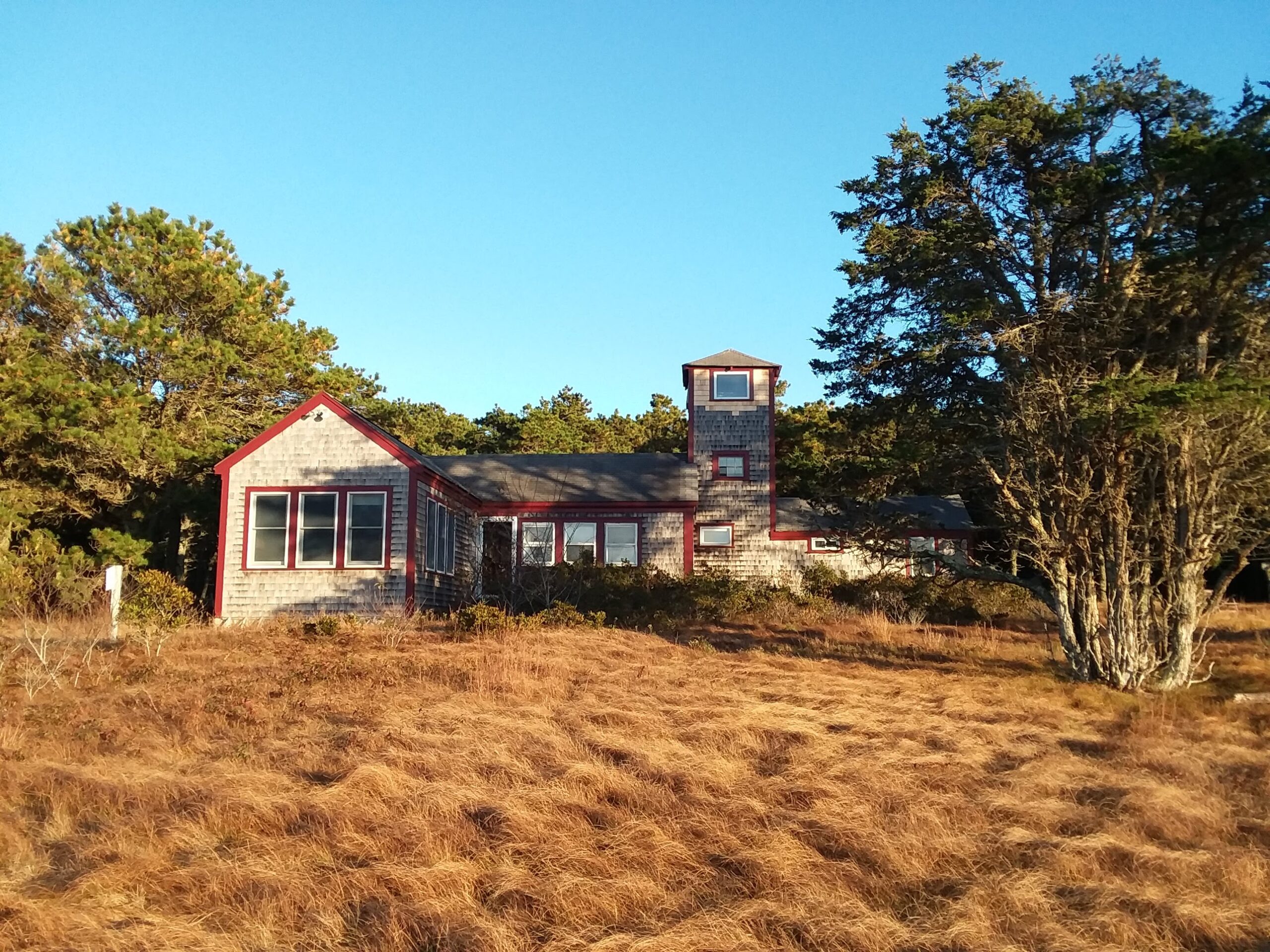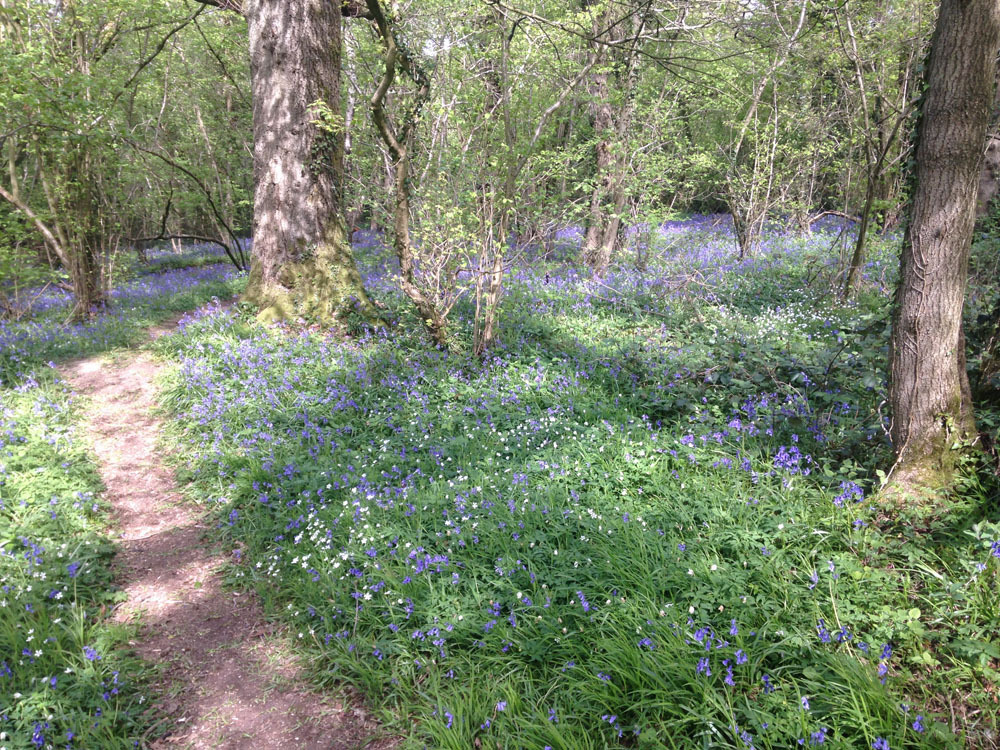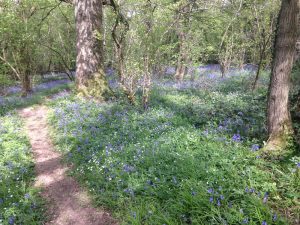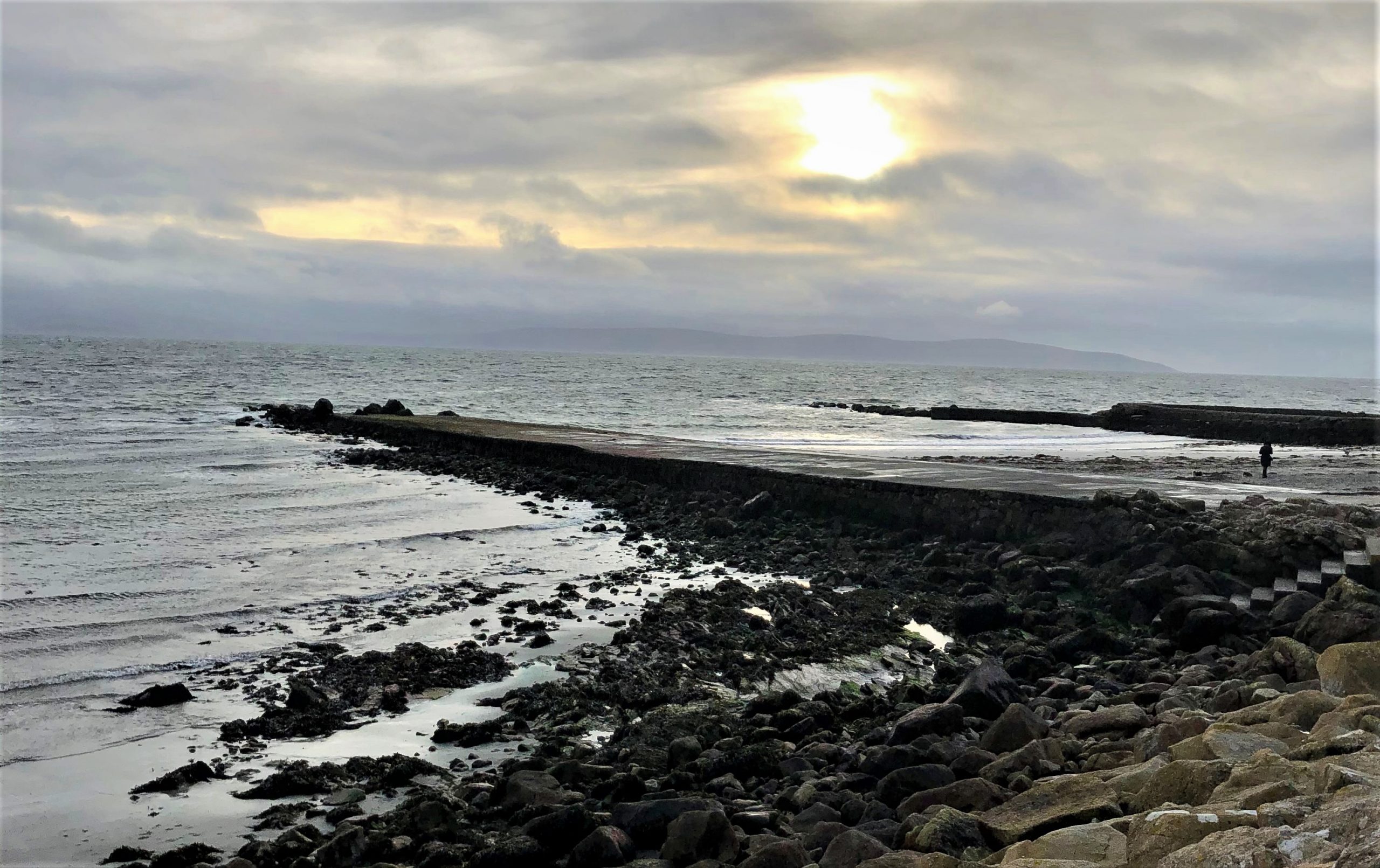The ethos of the modern world is defined by immigrants. Their stories have always been an essential component of our cultural consciousness, from Isaac Bashevis Singer to Isabel Allende, from Milan Kundera to Yiyun Li. In novels, short stories, memoirs, and works of journalism, immigrants have shown us what resilience and dedication we’re capable of, and have expanded our sense of what it means to be global citizens. In these times of intense xenophobia, it is more important than ever that these boundary-crossing stories reach the broadest possible audience.
Now in its sixth year, the Restless Books Prize for New Immigrant Writing supports the voices of immigrant writers whose works straddle cultural divides, embrace the multicultural makeup of our society, and interrogate questions of identity in a global society. This prize awards $10,000 and publication with Restless Books to a writer who has produced a work that addresses the effects of global migration on identity. This year’s judges, Francisco Cantú, Shuchi Saraswat, and Ilan Stavans, have selected the below four finalists. Click on the links in each section to read excerpts from their books.

